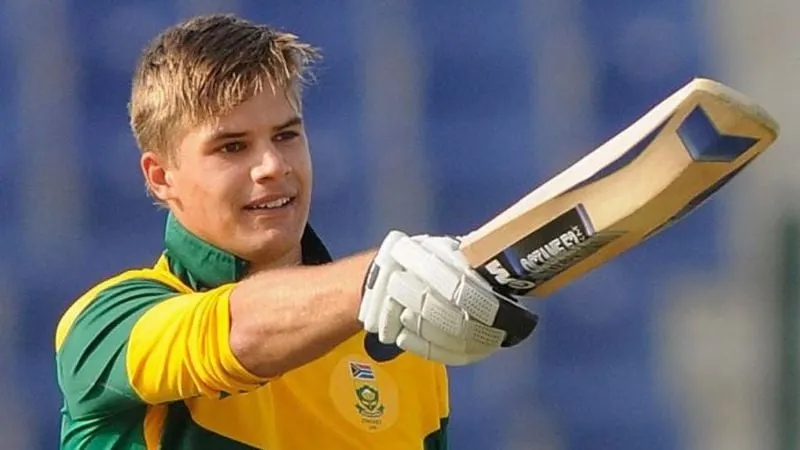
As South Africa sharpens its focus on the 2026 T20 World Cup, captain Aiden Markram has underscored the importance of nurturing young talent—specifically Dewald Brevis and Lhuan‑dre Pretorius—on upcoming tours against Australia and England. These tours are not merely about immediate results but are being treated as vital testing grounds for South Africa’s long-term T20 ambitions.
Markram, a composed leader known for his tactical clarity, believes both Brevis and Pretorius are the kind of players who bring flair and fearlessness—essential traits in modern white-ball cricket. He emphasized that these youngsters need the freedom to play their natural games without the fear of failure. “We’re backing them fully. They have the skill and temperament; now they need the experience,” he said.
Dewald Brevis, often compared to AB de Villiers due to his range and audacity with the bat, has re-entered the international spotlight after standout domestic and franchise league performances. At just 22, he already boasts a commanding presence at the crease and has been hitting consistently in the IPL and SA20 leagues. His ability to clear boundaries at will makes him a natural T20 weapon. However, consistency and strike rotation are still areas he must refine—something international exposure will demand of him.
Lhuan‑dre Pretorius, even younger at 19, has turned heads with his technical maturity and poise under pressure. His early rise in first-class cricket and a Test century on debut marked him as one for the future. Selectors now want to see how he adapts to the high-octane rhythm of ODIs and T20Is. His selection for both formats in the upcoming tours is a clear signal: South Africa sees him as a long-term investment.
The tours themselves are demanding—first a white-ball series against Australia, then a swing-heavy challenge in England. These conditions will test not just the technique but the temperament of the new-generation players. Both Pretorius and Brevis will be expected to deliver under pressure, rotate strike smartly, and play match-defining innings—not just cameos.
Markram’s support isn’t just lip service. His own rise through the ranks came with strong mentorship, and he is now paying that forward. He’s keen on building a squad that’s not only competitive but also mentally resilient—players who can adapt to varied conditions, absorb pressure, and take the game deep.
South Africa’s core remains solid, with experienced bowlers like Kagiso Rabada and Anrich Nortje leading the attack. But the batting lineup has lacked firepower and consistency in recent ICC tournaments. The inclusion of Brevis and Pretorius is part of a broader strategic refresh. If they can seize this opportunity, it not only deepens the squad but also gives the team the aggressive dimension needed to challenge top-tier nations.
Ultimately, the focus is not just on talent, but temperament. If Brevis and Pretorius can translate their domestic brilliance onto the international stage, South Africa’s T20 future looks significantly brighter heading into 2026.

